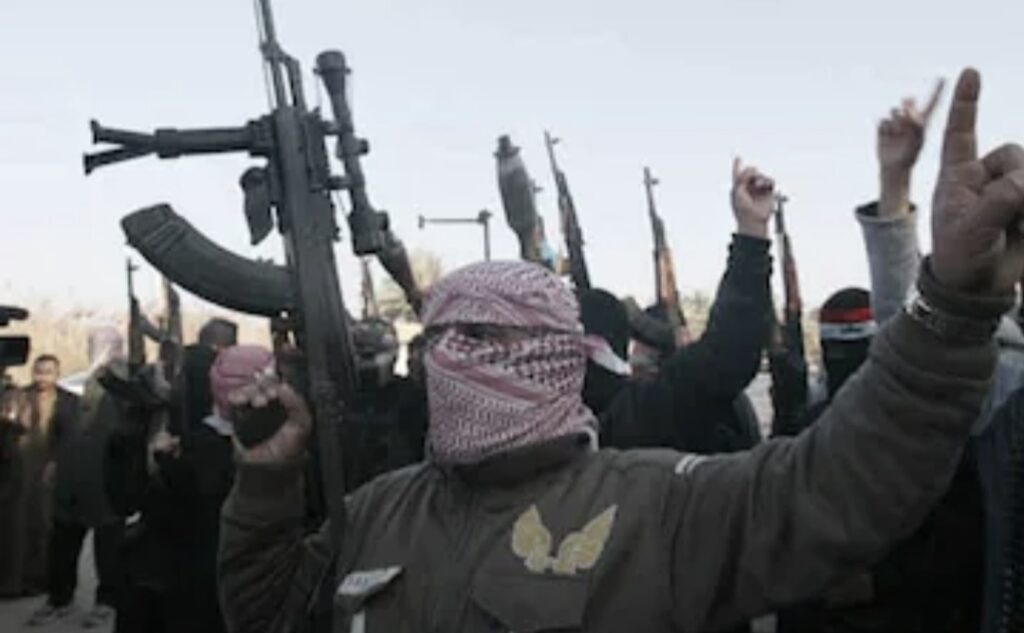By: Harshit Tokas, Research Analyst, GSDN

United Nations in a report recently has issued a warning regarding the resurgence of Al-Qaida in Afghanistan, indicating the establishment of eight new training camps in areas under Taliban control. This resurgence suggests a growing collaboration between Al-Qaida and anti-Pakistan militants, potentially leading to cross-border attacks.
The report, released by the UN Analytical Support and Sanctions Monitoring Team, sheds light on the alarming development of Al-Qaida camps in Afghanistan’s Kunar province. These camps are reportedly conducting training for suicide bombers, with the aim of supporting operations carried out by Tehrik-i-Taliban Pakistan (TTP), a terrorist group known for its attacks against Pakistani security forces.
The findings of the report underscore the strengthening relationship between the Taliban and Al-Qaida, particularly with the latter’s regional affiliate in the Indian Subcontinent (AQIS). Despite Pakistan’s repeated requests to curb cross-border militant violence, the Taliban has maintained its support for TTP, with little response to Pakistan’s concerns.
According to the report, the Taliban’s assistance to TTP includes supplying weapons, equipment, and providing refuge to its members. Additionally, the Taliban’s relocation of TTP personnel away from border areas has been interpreted as a tactic to deflect pressure from Pakistan.
The UN report highlights the financial support provided to TTP by the de-facto Afghan authorities, with reports indicating a monthly allowance of over US$ 50,000 to TTP leader Noor Wali Mehsud. Moreover, the emergence of Tehrik-e-Jihad Pakistan (TJP), operating from Afghan territory and possibly backed by Al-Qaida, adds to Pakistan’s security concerns.
TJP has claimed responsibility for several high-profile attacks against the Pakistani military, further exacerbating tensions between Pakistan and Afghanistan. The proliferation of weapons from stockpiles left by the US-led coalition after their withdrawal from Afghanistan has also contributed to the escalating violence.
The report mentions instances where Taliban commanders have provided significant quantities of weaponry to TTP, including sniper rifles and night vision equipment, enhancing the group’s lethality in attacks against Pakistani security forces.
However, the Taliban government spokesperson, Zabihullah Mujahid, rejected the allegations made in the UN report, dismissing them as propaganda. Mujahid reiterated the Taliban’s commitment in preventing Afghanistan’s territory from being used against other countries, including Pakistan.
Despite the Taliban’s assurances, concerns persist regarding the resurgence of militant groups in Afghanistan and their potential to destabilize the region. The collaboration between Al-Qaida and TTP, coupled with the Taliban’s support, poses significant challenges to regional security and stability.


Thank you I have just been searching for information approximately this topic for a while and yours is the best I have found out so far However what in regards to the bottom line Are you certain concerning the supply
My brother suggested I might like this website He was totally right This post actually made my day You cannt imagine just how much time I had spent for this information Thanks